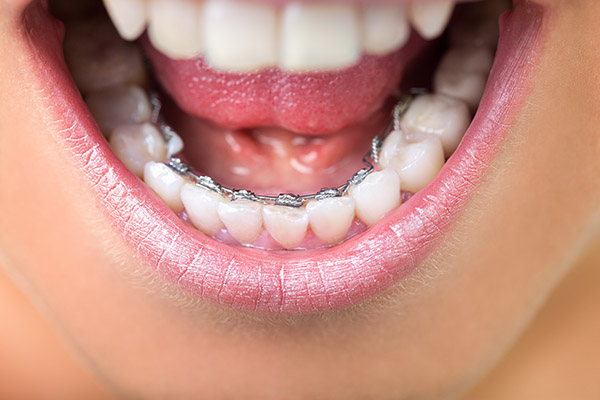Why Family Dental History Matters In Preventive Care Planning

Understanding your family’s dental history is crucial for preventive care planning. You might wonder why this matters. Your family’s dental past can warn of potential issues you might face. For instance, if your parents have had cavities or gum disease, you may be at risk too. This knowledge helps you and your dentist in Northport, NY, tailor a care plan that works for you. Such a plan might include more frequent check-ups or specific treatments to prevent problems before they start. You can avoid pain and costly procedures with early intervention. It’s about recognizing patterns and taking action. Consider your family’s dental history as a tool for your well-being. Your health is not just about today. It’s about setting a path for a future with fewer dental issues. Taking charge of your dental health starts with understanding your past. This empowers you to make informed decisions.
The Role of Genetics in Dental Health
Genetics can influence various aspects of dental health. Teeth alignment, enamel strength, and susceptibility to cavities can run in families. If your ancestors experienced early tooth loss, this might be something to watch out for. Understanding these genetic factors allows you to anticipate and manage potential problems.
For example, children whose parents have gum disease are more likely to develop it. According to the Centers for Disease Control and Prevention (CDC), genetics can play a part in up to 50% of cases of gum disease. Recognizing these patterns early allows for preventive measures like regular cleanings or advanced treatments.
Dental Conditions Influenced by Family History
- Cavities
- Gum Disease
- Tooth Decay
- Oral Cancer
Family dental history can influence these conditions, leading to a higher risk if not managed early. Preventive care is key, as it can minimize the impact of these inherited issues.
Preventive Care Strategies
With a sound understanding of your family’s dental history, you can follow specific preventive strategies. Here’s how you can take proactive steps:
- Have regular dental check-ups.
- Maintain a consistent oral hygiene routine.
- Use fluoride toothpaste.
- Avoid sugary foods and drinks.
Comparison of Regular vs. Preventive Dental Care
| Regular Dental Care | Preventive Dental Care |
|---|---|
| Addresses existing issues. | Aims to prevent issues before they occur. |
| Involves treatments like fillings and extractions. | Includes cleanings and health assessments. |
| May lead to high costs due to advanced procedures. | Can reduce costs by avoiding complex procedures. |
The Cost Factor
Preventive care is often less expensive than treating dental problems after they arise. According to the Department of Health and Human Services, preventive services can reduce healthcare costs significantly. Investing in regular dental check-ups and cleanings can help you avoid more invasive and costly treatments in the future.
Empowering Through Knowledge
Knowledge of your family’s dental history empowers you to take control. Recognizing potential risks can prompt timely interventions. This proactive approach leads to better dental health outcomes and enhances your overall quality of life.
Taking these steps is about more than just avoiding pain. It paves the way for a healthier, more confident smile. Understanding and acting on your family dental history can bring peace of mind. You have the power to shape your dental future, reducing the chances of serious issues down the line.





